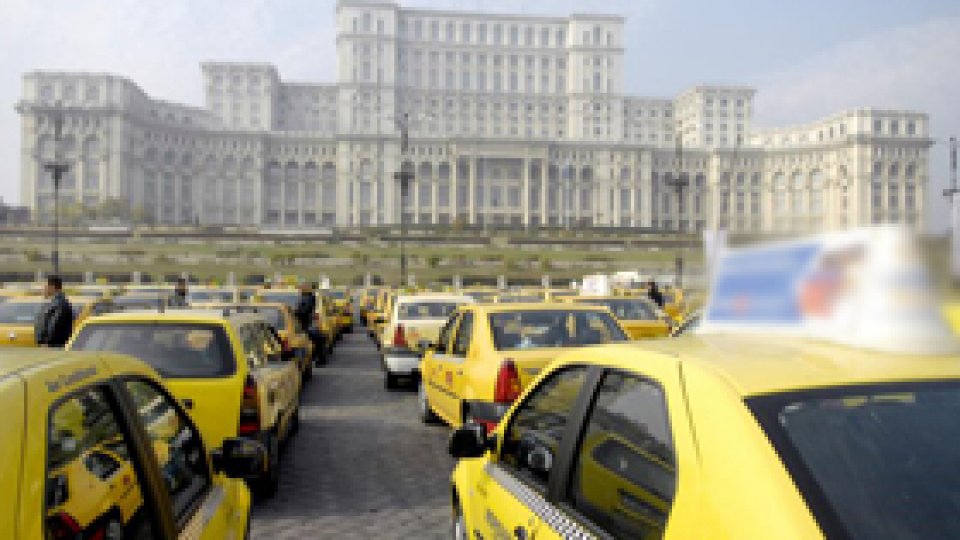Taxi single charge "gives rise to cartels"
Competition Council contends that approval by the parliament to amend the law taxi initiative would pave the way for creation of cartels among taxi companies in Romania.

Articol de Ionuţ Dragu, 30 Martie 2012, 20:32
Competition Council considers that the change in the law by setting common tariffs for taxi operators and prohibition of racing outside of the village in which transport license issued would violate principles of free competition.
Competition Council claims that Chamber of Deputies’ amendments to the law on taxi transport and rental "contain provisions that are inconsistent with the principles of free competition."
Change initiatives aim at setting common tariffs for taxi operators and severely limiting the possibility to carry out such activities outside of the locality in transport license is issued for on the grounds that it conflicts with the principles of free competition.
Council statement said, "enacting a single charge would amount practically to the consecration of the existence of cartels on the market".
Such cartels were sanctioned in 2010 and 2011 by the Board.
With these cartels "had eliminated any form of competition on price," said the Romanian Council.
Horeover, the Competition Council "has several on going investigations of the existence of similar practice," the statement says.
Competition Council believes that setting common tariffs would be contrary to the interests of users of such services, both in terms of availability of fair prices and ensuring quality services.
According to Romanian authorities, it is virtually impossible to settle a single tariff, while the cost of each private operator are different, and any charge would be calculated arbitrarily.
Currently, by leasing transport services by of taxi regime has created the proper manifestation of genuine price competition in this market, without exceeding the maximum limit set by the local authority considers the competing institution .
Different companies, different costs
Competition Council emphasizes that each operator has different costs and must determine independently the commercial policy, the tariff question, and any modification thereof.
Therefore, we cannot talk about similar conditions in the conduct of such activities, even within a particular class of comfort, to discuss setting a single fixed-charge.
Competition Council considered that unique or minimal tariffs serve only the interests of transport operators taxi because, in economic activity, the main form of competition is the price, this serving to generate economic efficiency and consumer benefits.
"In a market economy, the only situations where fixed prices are allowed are those activities are carried out under a monopoly situation not covered by passenger transport service taxi," said the institution.
Competition Council claims that in countries where there are some unique rates for taxi, public authorities have started the process to completely eliminate them.
Competition Authority notes that the degree of competition in these markets is already affected by the existence of administrative limit of the number of taxi licenses.
Regarding the limitation on the provision of transport operators taxi permit only within the city, the Competition Council considers that should be taken into account that this does not restrict the possibility of providing service in another town, occasionally, in cases clearly defined and objective.
"We have considered the local and consumer preferences, as in case in areas adjacent to major metropolitan cities, which may, in terms of consumers, integrated market” it is also mentioned in the release.
Translated by
Denisse-Meda Bucura
MTTLC, Bucharest University














